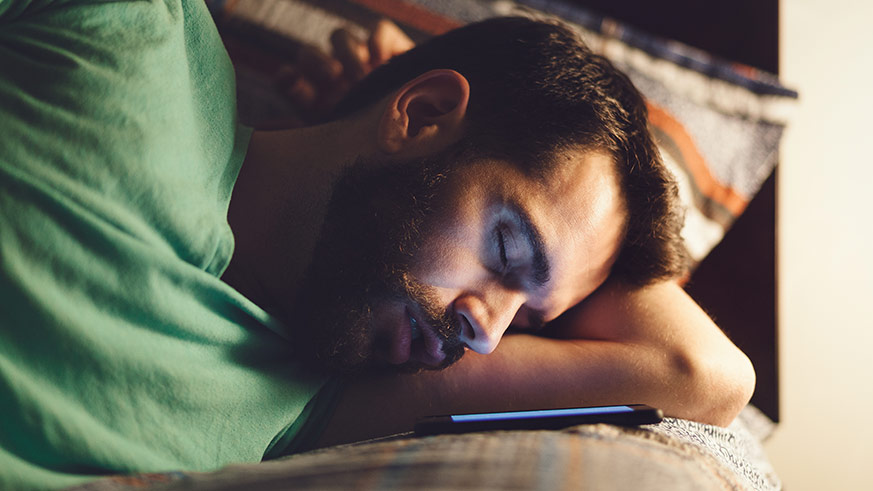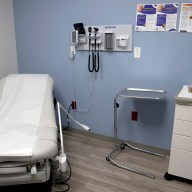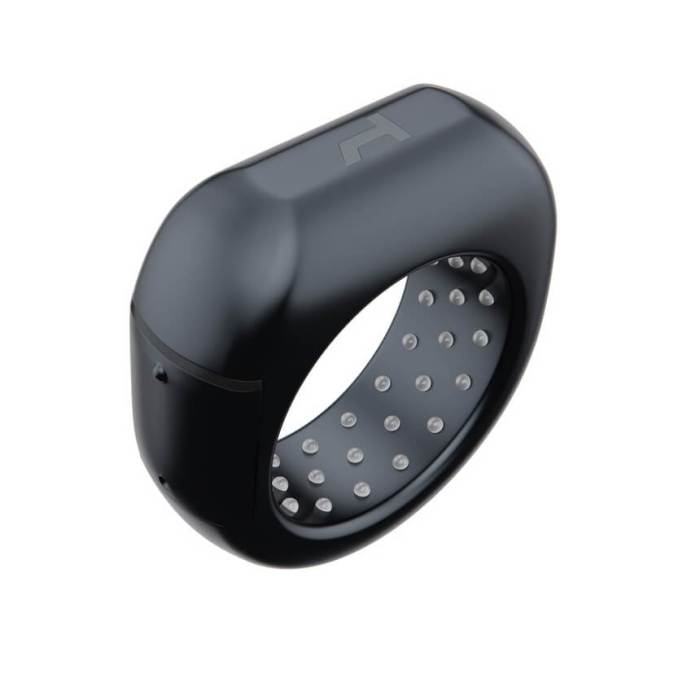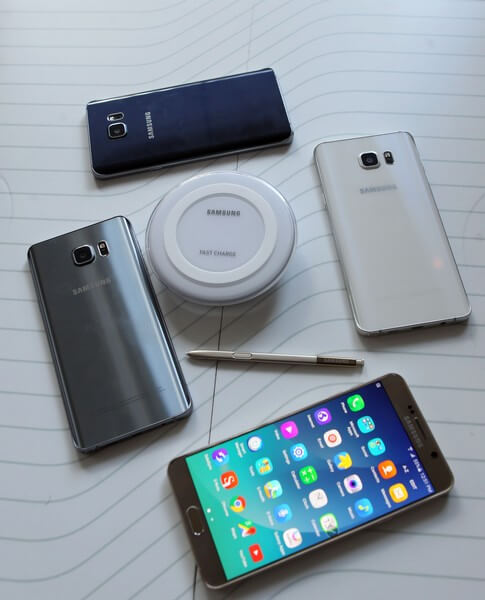There are many about how longterm exposure to cellphone radiation can cause health problems. The California Department of Public Health recently published a set of guidelines to help people avoid exposure to radiofrequency energy.
Since more and more people are glued to their mobile devices, there is a growing concern about the affect cellphone radiation can have on the body in the long-term.
According to their research “some laboratory experiments and human health studies have suggested the possibility that long-term, high use of cellphones may be linked to certain types of cancer and other health effects” Some of these health issues include brain cancers and tumors and lower sperm counts. Their laboratory experiments indicate can also affect learning, memory, hearing, behavior and sleep.
The CDPH reports that around 95 percent of people in the United States own a cellphone and 12 percent rely on their smartphones to access the Internet. They also note the average age when kids get their first mobile device is 10-years-old and the majority of young people keep their phones close to them during the day or when they go to bed, making them more exposed to cellphone radiation at younger ages and for extended periods of time.
Children’s brains develop through the teenage years and may be more affected by cellphone use,” said Dr. Karen Smith, Director and State Public Health Officer at the CDPH. “Parents should consider reducing the time their children use cell phones and encourage them to turn the devices off at night,” she added.
How to reduce exposure to cellphone radiation
The California Department of Public Health has highlighted a few practical ways you can reduce exposure to radiofrequency energy.
Keep your phone away from your body
— Use a headset or speakerphone when possible. If you’re the type of person who always makes voice calls and talks for extended periods of time, you may want to consider using a headset or use the speakerphone when you can to avoid keeping the phone pressed against your head.
— The CDPH also advises texting as another way to communicate and keep the phone away from your face.
Reduce using your phone when it is working hard to hold a signal
— Avoid using your phone when the signal is weak. According to the CDPH, when your cellphone has a weak signal it is actually working harder to connect to cellphone towers, causing more RF energy to emit from the device.
— Reduce phone use when you’re in a fast moving car, bus or train. While many of us tend to use our phones while we’re on the go, the agency suggests your phone is working harder to connect to wireless towers when you’re moving fast to avoid losing a signal.
Remove headsets when not in use
— The CDPH suggests removing headsets when they are not in use because they say the small devices send out small amounts of RF frequencies.
Don’t sleep with your phone
— Many people find it difficult to let go of their phones when they go to bed. People tend to check their social media accounts, text, read, articles and listen to music before calling it a night. The CDPH suggests keeping your phone a “few feet” away from your bed at night to avoid being exposed to RF energy.



















